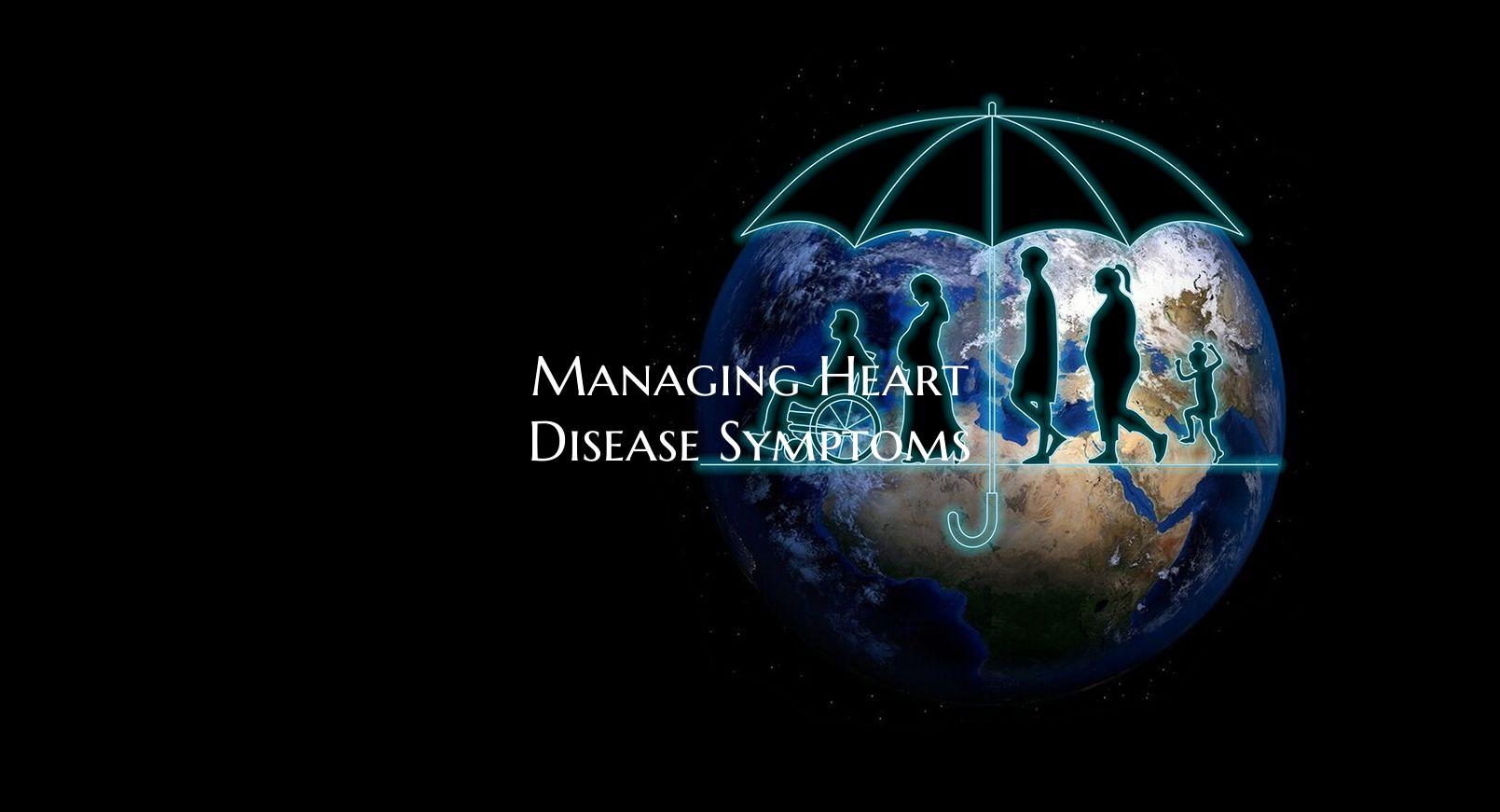
Managing Heart Disease Symptoms
Introduction: Heart disease is a serious medical condition that affects millions of people worldwide. It can manifest in various symptoms that can be uncomfortable, debilitating, and even life-threatening if not managed properly. However, with proper lifestyle changes, medications, and regular medical care, the symptoms of heart disease can be managed effectively. In this article, we will discuss some strategies and tips for managing common symptoms of heart disease.
1. Chest Pain: Chest pain or angina is a common symptom of heart disease. It can range from mild discomfort to severe pain and pressure in the chest. If you experience chest pain, it is essential to seek medical attention immediately. Your doctor may prescribe medications such as nitroglycerin to help relieve the pain. Lifestyle changes, such as quitting smoking, maintaining a healthy weight, and managing stress, can also help reduce chest pain episodes.
2. Shortness of Breath: Shortness of breath, especially during physical exertion, is another common symptom of heart disease. It can be caused by a lack of oxygen in the blood due to poor heart function. To help manage shortness of breath, your doctor may recommend pulmonary rehabilitation exercises, breathing techniques, and medications like diuretics to reduce fluid buildup in the lungs. It is crucial to avoid overexertion and pace yourself during physical activities.
3. Fatigue: Fatigue is a prevalent symptom among individuals with heart disease. It can be caused by reduced blood flow to the body's organs and muscles, leading to feelings of tiredness and weakness. To combat fatigue, make sure to get an adequate amount of sleep each night, engage in regular physical activity (as recommended by your doctor), and maintain a healthy diet rich in nutrients. Avoid caffeine and alcohol close to bedtime, as they can disrupt sleep patterns and contribute to fatigue.
4. Swelling: Swelling in the feet, ankles, or abdomen can occur in individuals with heart disease due to fluid retention. Your doctor may recommend diuretics to help eliminate excess fluid from the body. Elevating your legs when sitting or lying down can also help reduce swelling. It is essential to monitor your daily fluid intake and follow a low-sodium diet to prevent fluid retention.
5. Dizziness and Fainting: Dizziness and fainting spells can be alarming symptoms of heart disease and should not be ignored. These symptoms can be caused by a drop in blood pressure, irregular heart rhythms, or reduced blood flow to the brain. If you experience dizziness or fainting, sit or lie down immediately and seek medical help. Your doctor may adjust your medications or recommend other treatments to manage these symptoms effectively.
Conclusion: Managing the symptoms of heart disease requires a comprehensive approach that includes lifestyle modifications, medications, and regular medical monitoring. By working closely with your healthcare team and following their recommendations, you can effectively manage and improve your heart health. Remember to prioritize self-care, listen to your body, and seek help promptly if you experience concerning symptoms. By taking proactive steps to manage your heart disease symptoms, you can lead a fulfilling and healthy life.